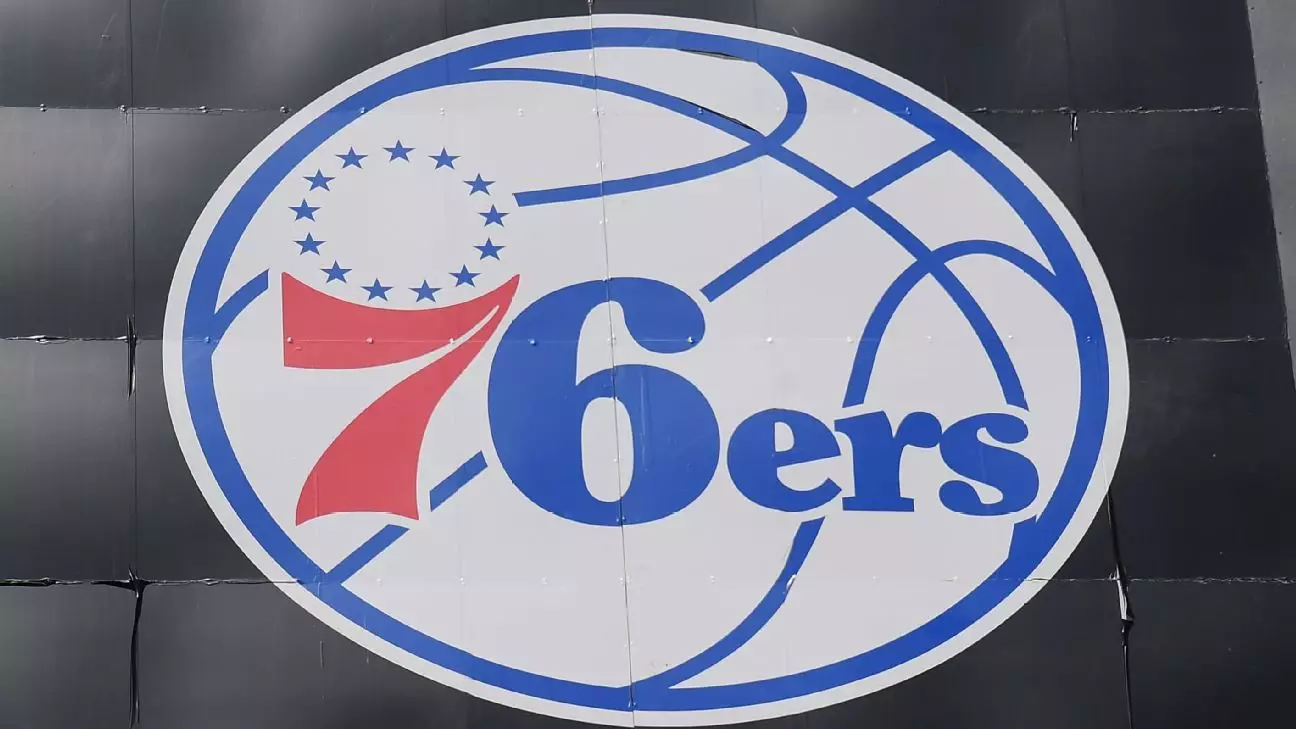In a surprising development, the Philadelphia 76ers have opted against constructing a $1.3 billion arena in the heart of downtown Philadelphia. This decision comes on the heels of the Philadelphia City Council’s recent approval, highlighting the ever-shifting dynamics of municipal development and community interest. The 76ers, who had envisioned a state-of-the-art facility named “76 Place,” intended to transform the sports landscape in the city by moving away from their current home at the Wells Fargo Center. However, reports indicate that the team has now struck a deal with Comcast Spectacor that enables them to continue playing in the existing sports stadium district. This sudden shift raises numerous questions about the club’s strategic foresight, community engagement, and economic planning.
The withdrawal from the downtown site signals more than just a change of venue; it reflects a growing tension between professional sports franchises and the communities in which they operate. While the 76ers may have believed they were spearheading a revitalization project that would benefit the city, evidenced by previous claims about enhancing the Market East corridor, community feedback paints a different picture. Officials like City Council members Jamie Gauthier and Rue Landau have voiced concerns over what they labeled as a lack of good faith engagement from the team’s development arm. The notion that the 76ers processed their plans without adequately addressing community concerns is revealing of deeper systemic issues as franchises pursue profit-driven projects.
One of the most contentious aspects of the proposed downtown arena was its potential impact on the Chinatown neighborhood. Local residents expressed fears over gentrification, increased traffic congestion, and displacement, concerns that have been brewing for decades as various proposals have threatened the integrity of this vibrant community. Opponents of the downtown project, including activists and urban planners, voiced significant opposition, raising red flags about how such developments often marginalize the voices of working-class communities. As the narrative unfolds, it becomes clear that the echoing sentiments of Chinatown residents were crucial in swaying the City Council, as their resistance crystallized the debate around civic development and community rights.
The decision to step away from the downtown proposal has broader political implications. Mayor Cherelle Parker had eagerly endorsed the 76ers’ vision, positioning it as a transformative economic catalyst. Her stance, which emphasized potential benefits such as job creation and economic growth, was met with skepticism from different quarters. Council member Jimmy Harrity’s feelings of being used as a pawn in the process showcase the often complicated relationships between politicians, sports franchises, and the communities they serve. The abrupt reversal raises questions about accountability and trust in local governance and whether public leaders can really balance economic interests with the deeper needs of their constituents.
Though the 76ers have decided to remain in their existing stadium location, the announcement leaves their long-term strategy uncertain. Stakeholders are left pondering whether the franchise has genuinely shifted focus to remain aligned with community welfare or if they are merely navigating through a temporary setback. The deal with Comcast Spectacor to continue operations in the sports stadium district has yet to reveal the nature of future engagements with the city and community.
Moreover, the decision may signal a broader trend in professional sports where franchises are forced to rethink their tried-and-true models of development amid increasing scrutiny from civic activists and local governments. As cities become more populated and complex, the necessity for collaboration and transparency is paramount in addressing the unique needs of urban populations.
Ultimately, the decision by the Philadelphia 76ers to abandon the ambitious downtown arena project highlights the power of community voices and the importance of public engagement in development processes. It demonstrates that while professional sports can serve as economic engines, their success should never come at the expense of the communities that host them. As Philadelphia moves forward, it must ensure that urban development strategies are inclusive, with active participation from residents, to foster a healthier symbiosis between civic life and professional sports. This turn of events not only represents a victory for the Chinatown community but also serves as a reminder of the need for transparent dialogue in future urban initiatives.


Leave a Reply